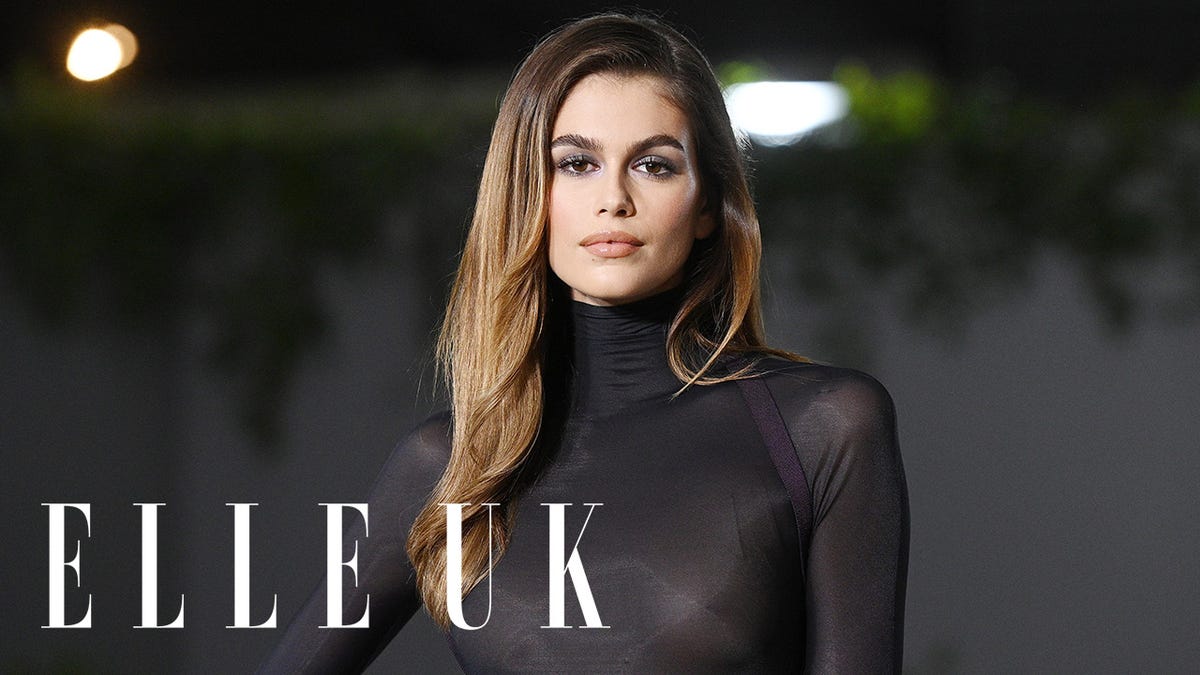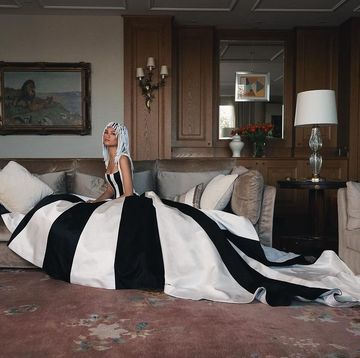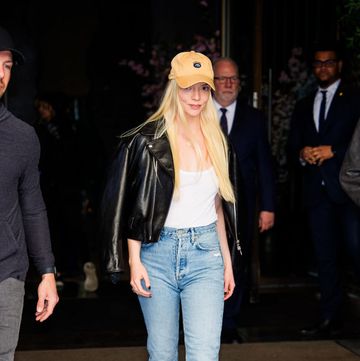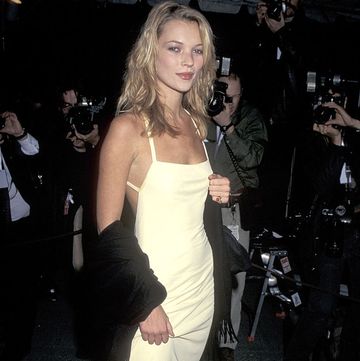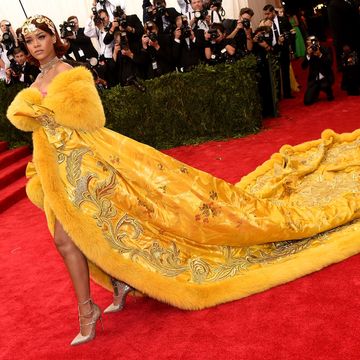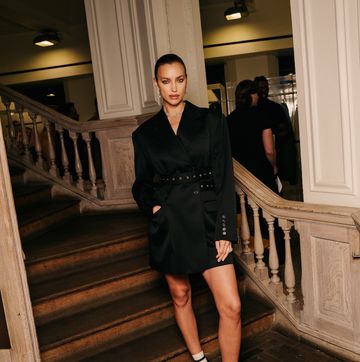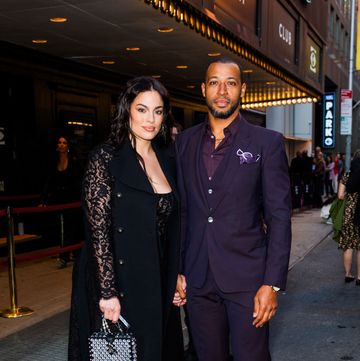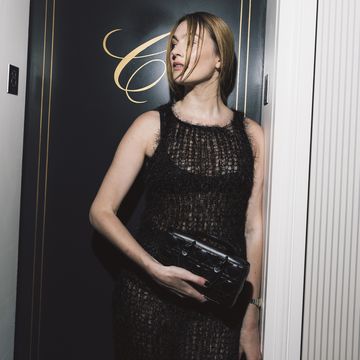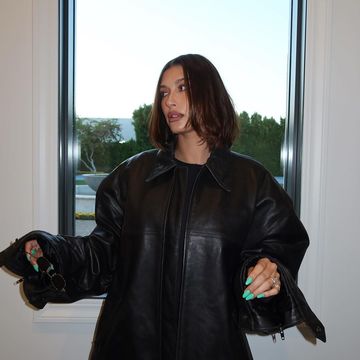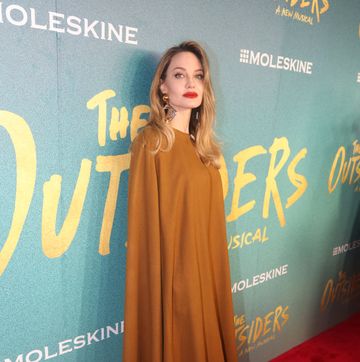The actress, appearing next in new TV series Hit and Miss, opens up on topics ranging from why shes still single to the downsides of therapy in the June issue of Psychologies magazine.
My friends are always telling me Im intimidating, she says when asked why her relationships dont seem to work out.
My dates are probably not being themselves on the datetheyre trying to be cool. And I think it's still a problem if a woman earns more than a man. I try to pay for half of dinner and a guy will behave as if I'm trying to prove I have more money than him.
Later, she mentions spending six months in Manchester during the filming of Hit and Miss (surely more a barrier to a potential long-term relationship than any pay differential?).
The June issue of Psychologies is on newsstands now. Read on for more choice quotes...
On her indie reputation: I dont think Ive ever been commercially attractive. I didnt get any commercial films after Boys Dont Cry. I kept it indie. [Hollywood] has just never been interested in me. People think I must turn down things all the time. Its not true.... Everybody wants to be sought after and admired.
On playing a transgendered character: I always seem to be doing these gender-questioning roles, in Boys Dont Cry and If These Walls Could Talk. But this was the first starring role Id ever had.
On what shes looking for in a partner: [T]hey have to have job flexibility and be able to travel when I'm away filming. If they're tied down in New York it's going to be difficult because of my lifestyle. If I'm in Manchester for six months he has to be able to get on a plane and come visit me. You know, at my age, you have to consider these things instead of just being spontaneous.
On therapy: There was the woman therapist I went to who made me hate my mumapparently they do that so they can take over that role. So they manipulate you in that way so they become [important] to you. Also, I was talking to her about my anxieties and insecurities, how seeing pictures of myself can bring that oneverything that comes with being a person in publicand I said, I feel so self-centred and self-obsessed. And she said, 'Well, you are.' I said, Really? Isn't that what I'm here for? To talk about myself? Isn't that what therapy is about?